Bulimia Nervosa
Bulimia nervosa, commonly referred to as bulimia, is a severe and potentially life-threatening eating disorder. It involves episodes of consuming large amounts of food in a short period (known as binge eating), followed by attempts to eliminate the excess calories through unhealthy methods such as vomiting or misuse of laxatives, a behavior termed as purging.
Bulimia is more than just an issue of food; it’s a complex mental health condition that intertwines deeply with a person’s self-worth and self-perception. Statistically, based on the resources from Cleveland Clinic, bulimia nervosa is more prevalent among people assigned female at birth, typically emerging during adolescence or early adulthood. However, it can affect individuals of any age, gender, or background. Approximately 1% to 2% of the population experiences bulimia at some point in their lives, highlighting the widespread nature of this disorder and the importance of awareness and treatment.
Understanding
Symptoms
This disorder often stems from an intense preoccupation with body image, leading to behaviors that can severely impact both physical and mental health. The symptoms of bulimia can be diverse and affect various aspects of a person’s life, making it important to recognize the signs early. Here are some of the key symptoms associated with bulimia nervosa:
✅Fear of weight gain
✅Binge eating
✅Purging behaviors (vomiting, laxative use, excessive exercise)
✅Secretive eating
✅Obsession with body image
✅Frequent use of laxatives or diuretics
✅Tooth discoloration and erosion
✅Excessive exercising
✅Social withdrawal and isolation
✅Severe mood swings
✅Chronic fatigue
✅Dehydration
✅Digestive issues (constipation, bloating)
✅Swollen salivary glands
✅Constant weight fluctuations
Early recognition of these symptoms is essential for seeking appropriate treatment and improving outcomes for those affected by bulimia nervosa.
Beating Bulimia with
Collective Strength
Facing bulimia can be incredibly challenging, but it’s important to remember that you are not alone in this struggle. You don’t have to navigate this journey by yourself—there are supportive communities and resources ready to offer guidance and encouragement.
By connecting with people who truly understand what you’re going through, you can find the strength to overcome bulimia. With the right support and the shared wisdom of others who have been there, you can reclaim your health and well-being.
You might be asking these
Questions
❔Who do eating disorders impact?
❔What is the difference between an eating disorder and disordered eating?
❔Can people with eating disorders fully recover?
❔What do you mean by ‘fully recovered?’
If you’re seeking answers, there are experienced professionals ready to guide and support you every step of the way.
Thousands of people are living
SYMPTOM FREE
Discover the stories of real individuals who have reclaimed their health and well-being. Their experiences offer hope and a reminder that recovery is possible, no matter where you are in your journey.
With the help from professionals and experienced individuals is dedicated to supporting those struggling with bulimia on their journey toward recovery and sustained well-being.
With a personalized approach designed specifically for your unique challenges, coaches are experts to develop strategies that address both the physical and emotional aspects of bulimia. They will guide you through strategies such as developing healthier eating patterns, building a positive body image, and managing the psychological challenges associated with the disorder.
Whether through one-on-one coaching or peer support, you can find the tools and encouragement needed to overcome the obstacles you face and reclaim your life from the grips of bulimia.
What will you get if you work with a coach?
✅ Customized Recovery Plan
Your coach will create a personalized plan that suits your unique needs, helping you manage eating habits, emotional triggers, and daily routines for sustainable recovery.
✅ Emotional and Mental Support
Your coach will create a personalized plan that suits your unique needs, helping you manage eating habits, emotional triggers, and daily routines for sustainable recovery.
✅ Accountability and Motivation
Regular check-ins keep you on track, providing the encouragement and accountability needed to reach your recovery goals.
✅Real-Life Practical Guidance
Your coach offers hands-on support with everyday challenges, helping you apply recovery skills in real-world situations.
Ready to start your journey towards better cognitive health?
Schedule a free consultation today, and let’s begin the path to a life enriched despite the challenges of Alzheimer’s.
Meet the
HEALING COACHES

Kaye Adams

